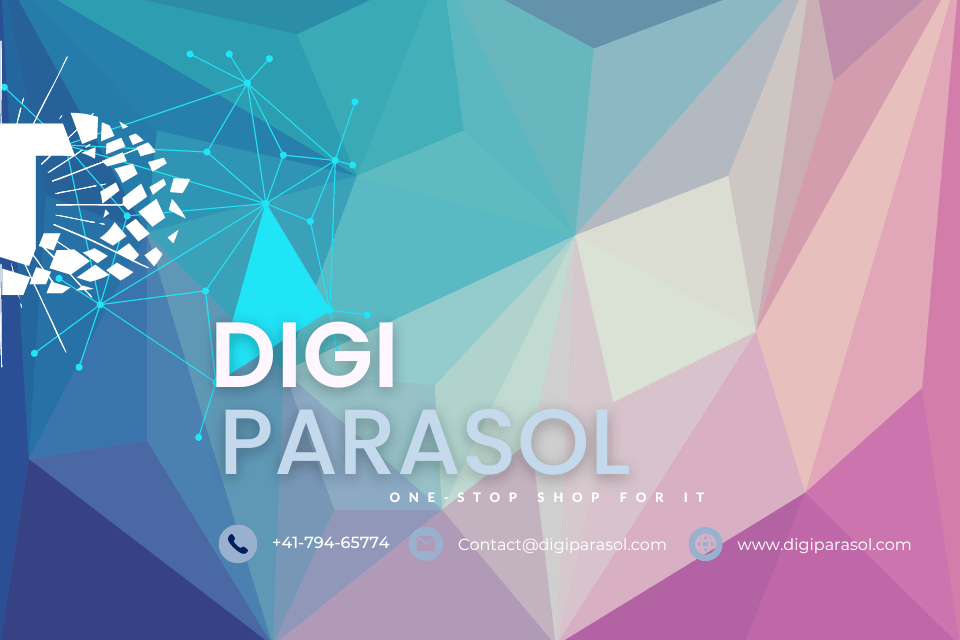Artificial intelligence (AI) has significantly impacted various industries in recent years, including the music industry. The integration of AI in music has opened up new possibilities for musicians, producers, and music lovers alike. From creating original compositions to analyzing trends in music consumption, AI has revolutionized the way music is created, distributed, and consumed. In this article, we will explore the innovations and trends in AI in music from recent research projects.
AI in music composition
One of the most exciting areas where AI has made significant strides is in music composition. Traditionally, composing music required a high level of creativity and skill, which made it a daunting task for many aspiring musicians. However, with the advent of AI-powered tools, musicians can now rely on algorithms to help them compose music.
One such tool is Google’s Magenta project, which aims to explore the role of AI in creating art and music. The project has developed tools like the Magenta Studio, which uses machine learning algorithms to help musicians create original compositions. By providing a platform for musicians to experiment with different musical ideas, Magenta Studio has democratized the process of music composition.
Another example of AI in music composition is AIVA (Artificial Intelligence Virtual Artist), a platform that uses deep learning algorithms to compose music. AIVA has already composed a symphony that was performed by a live orchestra, showcasing the potential of AI in creating music that is indistinguishable from human compositions.
AI in music production
AI has also found applications in music production, helping producers to enhance the quality of their tracks and streamline the production process. One of the key areas where AI has been leveraged is in audio mastering, which involves optimizing the sound quality of a track for distribution. Companies like LANDR and iZotope have developed AI-powered tools that can analyze audio tracks and apply precise adjustments to improve their sound quality.
AI has also been used to assist in the creative process of music production. For instance, Amper Music is a platform that uses AI algorithms to help musicians create personalized music tracks based on their preferences. By analyzing the musical style of a user, Amper Music can generate original compositions that match their unique sound.
AI in music analysis
Apart from composition and production, AI has also been used to analyze trends in music consumption and predict the success of songs. Platforms like Spotify and Pandora use machine learning algorithms to analyze listening patterns and recommend music to users based on their preferences.
One interesting project in this area is The Echo Nest, a music intelligence platform that analyzes music data from various sources to provide insights into musical trends. By tracking the popularity of songs and artists, The Echo Nest can predict which songs are likely to become hits and help music labels make informed decisions about their marketing strategies.
AI has also been used to analyze the emotional content of music, helping musicians understand how their music is perceived by listeners. Emotify, for example, is a platform that uses sentiment analysis algorithms to determine the emotional tone of a song and provide feedback to the artist.
AI in music education
AI has also made its way into music education, offering new ways for aspiring musicians to learn and improve their skills. Platforms like Melodrive and Flowkey use AI algorithms to provide personalized feedback to students and adapt their lessons to their individual learning styles.
Melodrive, for example, is an AI-powered music composer that generates music in real-time based on the actions of a player in a video game. By creating dynamic soundtracks that respond to the player’s behavior, Melodrive enhances the immersive experience of the game and showcases the potential of AI in interactive media.
Flowkey, on the other hand, is a platform that uses AI algorithms to provide interactive piano lessons to students. By analyzing the performance of a student and providing real-time feedback, Flowkey helps learners improve their piano skills in a personalized and engaging way.
Challenges and future directions
While AI has brought about significant advancements in the field of music, there are still challenges that need to be addressed. One of the key challenges is the ethical implications of using AI in music creation, particularly in terms of copyright issues and the impact on the livelihood of musicians.
Another challenge is the potential loss of human creativity and spontaneity in music production. While AI can help generate music compositions and optimize production processes, it cannot replicate the emotional depth and artistic expression that human musicians bring to their work.
Despite these challenges, the future of AI in music looks promising, with more research projects and innovations on the horizon. As technology continues to evolve, we can expect to see even more groundbreaking developments in AI-powered music creation and consumption.
In conclusion, AI has transformed the music industry in profound ways, offering new possibilities for musicians, producers, and music lovers alike. From composing original music to analyzing trends in music consumption, AI has revolutionized the way music is created, distributed, and consumed. With ongoing research projects and innovations in this field, the future of AI in music looks bright, promising new opportunities for creativity and innovation.

